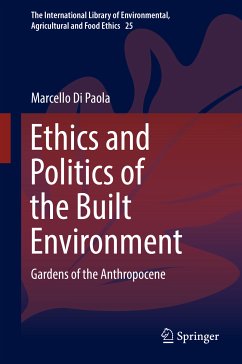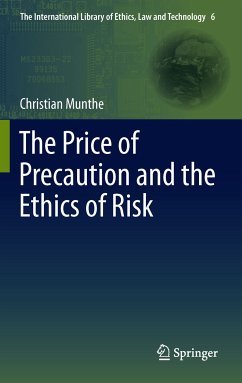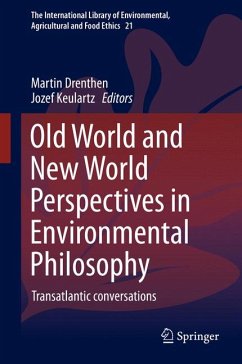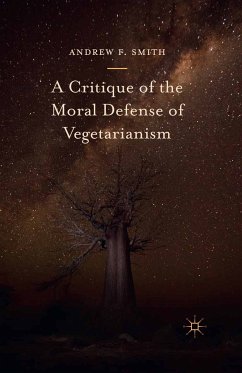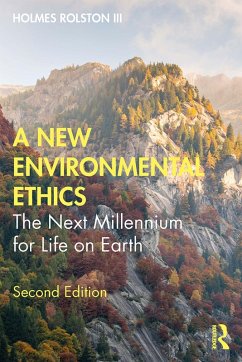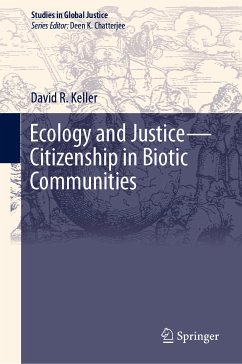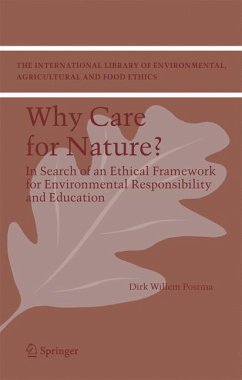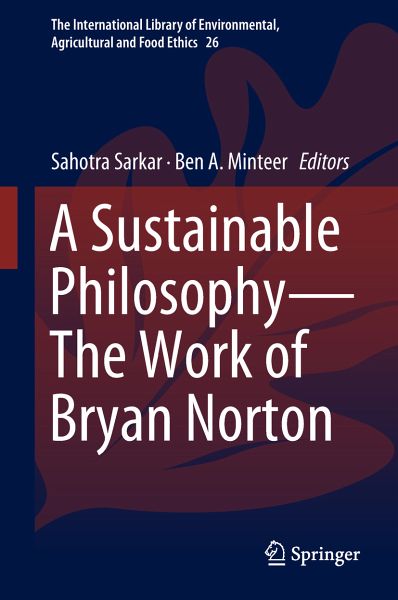
eBook, PDF
A Sustainable Philosophy-The Work of Bryan Norton (eBook, PDF)

PAYBACK Punkte
40 °P sammeln!






A Sustainable Philosophy-The Work of Bryan Norton (eBook, PDF)
Dieser Download kann aus rechtlichen Gründen nur mit Rechnungsadresse in A, B, BG, CY, CZ, D, DK, EW, E, FIN, F, GR, HR, H, IRL, I, LT, L, LR, M, NL, PL, P, R, S, SLO, SK ausgeliefert werden.
Sahotra Sarkar is Professor in the Departments of Integrative Biology and Philosophy at the University of Texas at Austin. A specialist in history and philosophy of science, conservation biology, and environmental philosophy, he is the author of six books, editor of over fifteen volumes, and author of over two hundred papers spanning philosophy and science. He received his BA from Columbia University and MA and PhD from the University of Chicago. Ben A. Minteer is Professor of Environmental Ethics and Conservation in the School of Life Sciences at Arizona State University in Tempe, where he also holds the Arizona Zoological Society Endowed Chair. He writes about species extinction, wilderness, zoos, and the evolution of American environmental thought and practice. Minteer's scholarly work has appeared in a range of journals spanning the sciences and humanities, including Science, Nature, BioScience, and Environmental Ethics. His popular writinghas appeared in Slate and the Earth Island Journal, among other outlets. Minteer has also published a number of books, including most recently The Ark and Beyond: The Evolution of Zoo and Aquarium Conservation.
Produktdetails
- Verlag: Springer Nature Switzerland
- Seitenzahl: 303
- Erscheinungstermin: 16. Juli 2018
- Englisch
- ISBN-13: 9783319925974
- Artikelnr.: 53246124
"Carl Griffin and Briony McDonagh have made an important contribution to the field of British protest studies. ... in my view this is a very well-researched, informative and deeply committed collection, and it undoubtedly strengthens and enhances what is already a venerable canon of work on British protest history." (Peter Jones, Family & Community History, Vol. 22 (2), July, 2019)
Für dieses Produkt wurde noch keine Bewertung abgegeben. Wir würden uns sehr freuen, wenn du die erste Bewertung schreibst!
Eine Bewertung schreiben
Eine Bewertung schreiben
Andere Kunden interessierten sich für


